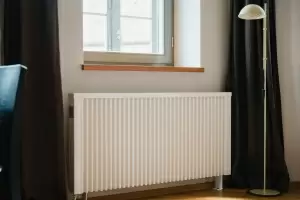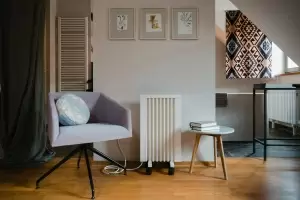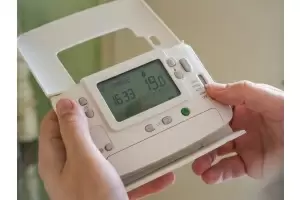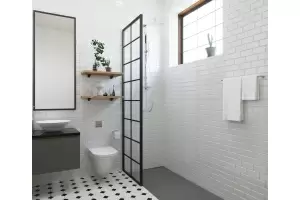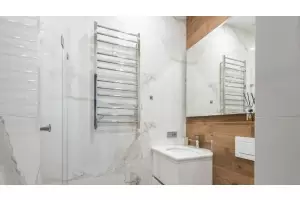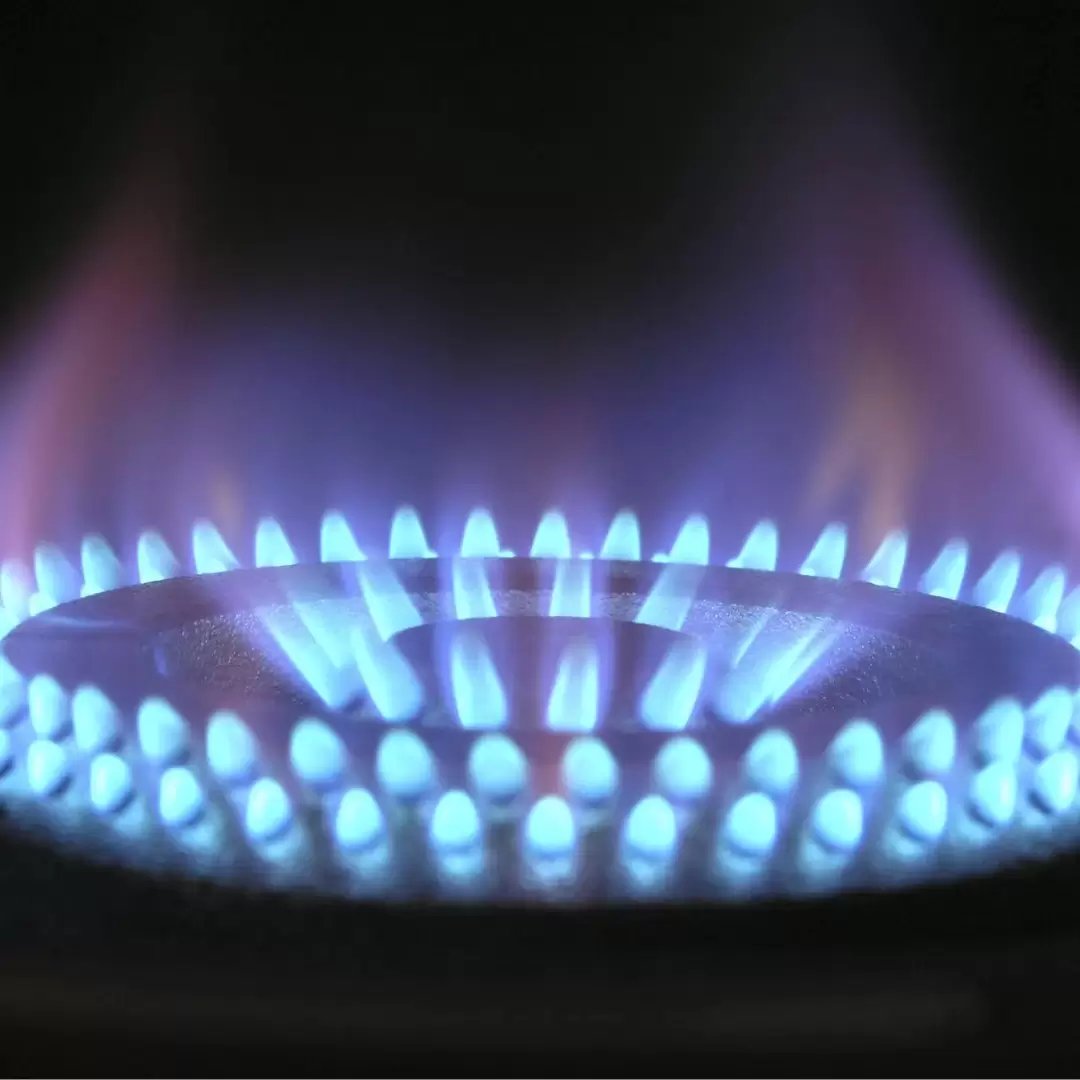
When it comes to home improvements, replacing your boiler may seem like a tedious and expensive job. However, here at TradePlumbing, we’re here to help you see the bright side of replacing your central heating system and how it can save you money in the long run, just in time for those winter months rolling in.
Signs your boiler needs replacing
- Time: Your radiators take a long time to kick in and heat up.
- Unusual odours: Your boiler should be completely odourless; if you notice any smells, it's crucial to get a gas-safe engineer to come out and check it over.
- High energy bills: If you’re watching your smart meter dwindle your money away and you’ve only washed the pots, it may be time to consider a swap.
- Pressure Issues: If your boiler is constantly losing pressure, this may be a sign of a leak somewhere in the system.
- Noises: If your boiler is clunking or banging, it’s probably worth checking it out; though it will emit a low hum when in use, it shouldn’t be making any loud or strange noises. The same goes for any kettling noises that usually result from a build-up of sludge and limescale.
- Age: If your boiler is over ten years old, it may be time to invest in a new one to see better prices in your bills and more efficient heating.
Types of Boiler
It can feel overwhelming researching which boiler is correct for your home. But worry not — we’re here to help break down the jargon and find the right option.
There are three main types of boilers, these are:
Combination: The most compact of the three types, combi boilers generate both your heat and hot water from a single (usually) wall-hung unit. They work through connection to the mains cold water supply and use an integral heat exchanger that instantaneously heats the cold water from the mains supply as it flows.
Is a combi the right choice for me?
Here are some factors to consider about your household before purchasing a combi boiler.
- Combi Boilers are better suited to smaller households.
- They work best with only one bathroom.
- You have no loft space to store a hot water tank.
- You have ten or fewer radiators.
Conventional: Known as a regular boiler, these boilers have a water tank that directly heats your radiators and is connected to a separate cylinder for your hot water.
A heat exchanger warms the water when fuel is ignited, but a pump transports the water to a storage tank that allows hot water to flow through to your taps and radiators.
Is a conventional the right choice for me?
You should invest in a conventional boiler if you have;
- A large household
- More than one bathroom
- Low mains pressure
- An older house
System: Our final boiler type is a system boiler; they also need a hot water cylinder, but unlike conventional pumps, other parts are built into the system. You may hear these boilers being referred to as closed-vented or system-sealed.
They work much in the same way as their conventional counterparts but have a more modern upgrade in tech.
Is a system the right choice for me?
If you have a modern central heating system and reliable mains pressure, investing in a system boiler is an excellent space-saving and quick installation solution.
In addition to these three boilers, other popular choices include oil, which sources its energy from oil supplied in a tank instead of a gas mains supply. Oil boilers are an excellent option if you live in a rural area away from the main gas supply; they are also located outside, so they free up more space in your home for storage and prevent the potential for carbon monoxide poisoning.
With the government set to ban gas boilers by 2035, it may be worth looking into installing an electric boiler in your home for an efficient and environmentally friendly option.
Which boiler do you need?
Let's consider some more factors for your needs and use.
Water use: If you have a large family, you’re likely to use a lot more water than, say, a couple. Generally, conventional boilers are your best choice if you have some shower-loving teens!
Space: If you’ve converted your attic and used every cupboard for storage, a combi is your best bet as they don’t require a hot water tank.
Installation: Most people decide to install their boiler in the same place as the old one to prevent costly repairs and save time on installation processes; while this is up to you, keeping it in the same place makes sense. Ensure you employ a gas-safe engineer to carry out any work on your boiler.
Finally, if your boiler breaks down, there's not much to be done about timing; however, if you can choose when your new boiler gets installed, we recommend the warmer seasons so you aren't shivering in your slippers until the installation is complete.
At TradePlumbing, we want our customers' homes to feel safe and happy. Contact us for any help with your central heating systems; our experts are always available.
 Sales & Support
Sales & Support  Open Mon - Fri 9am to 5.30pm
Open Mon - Fri 9am to 5.30pm